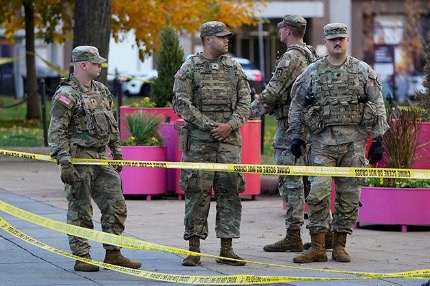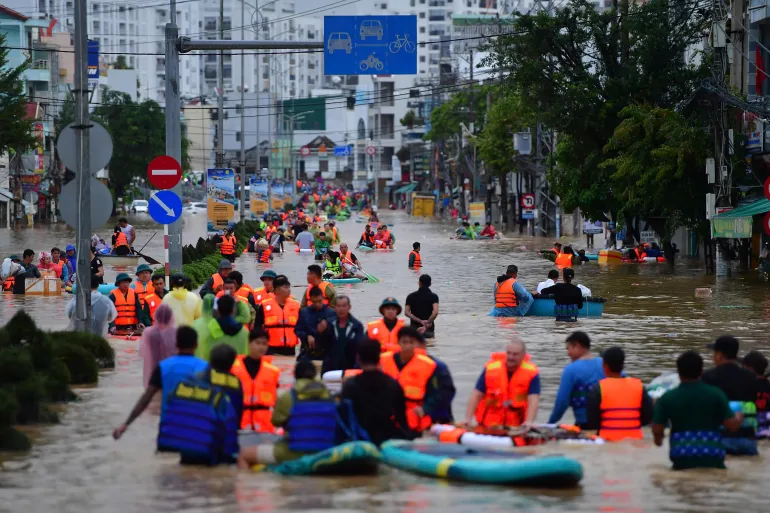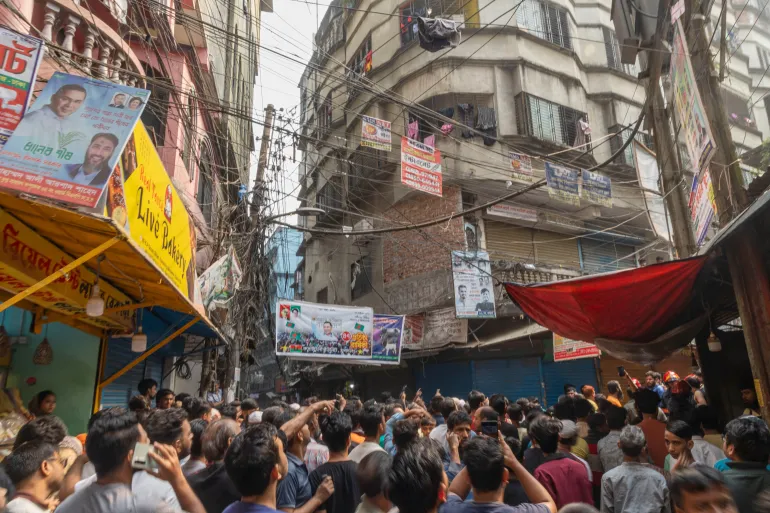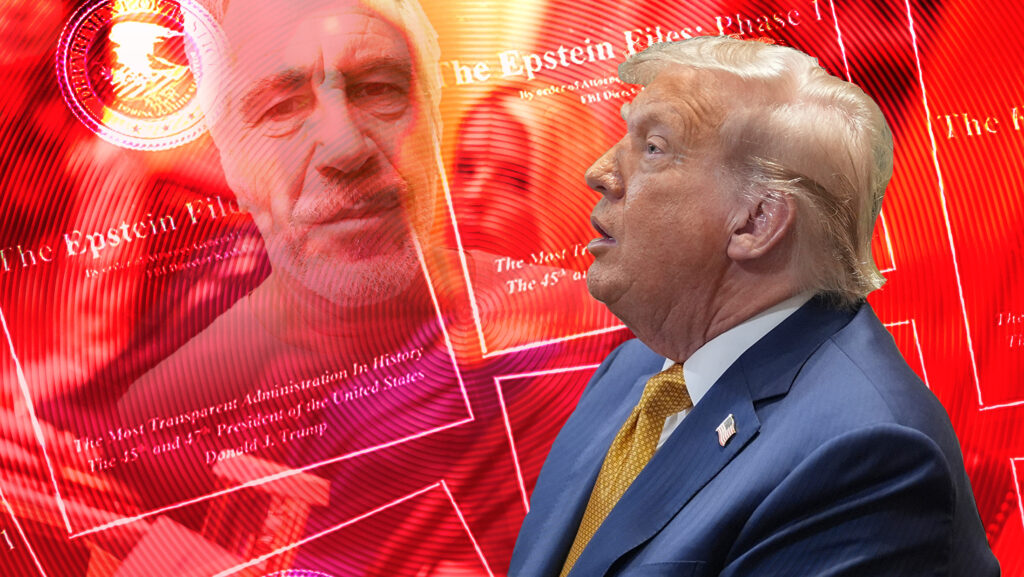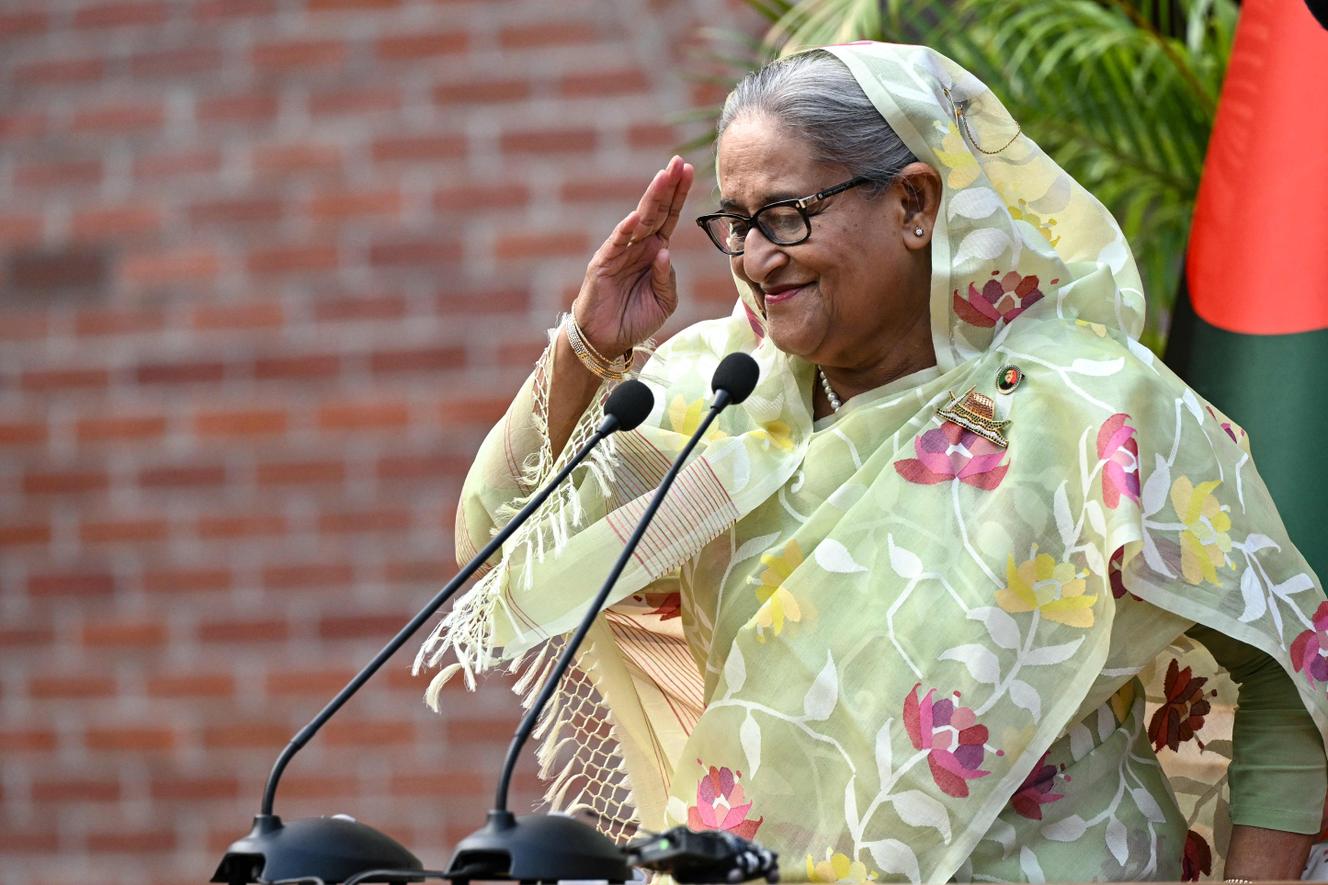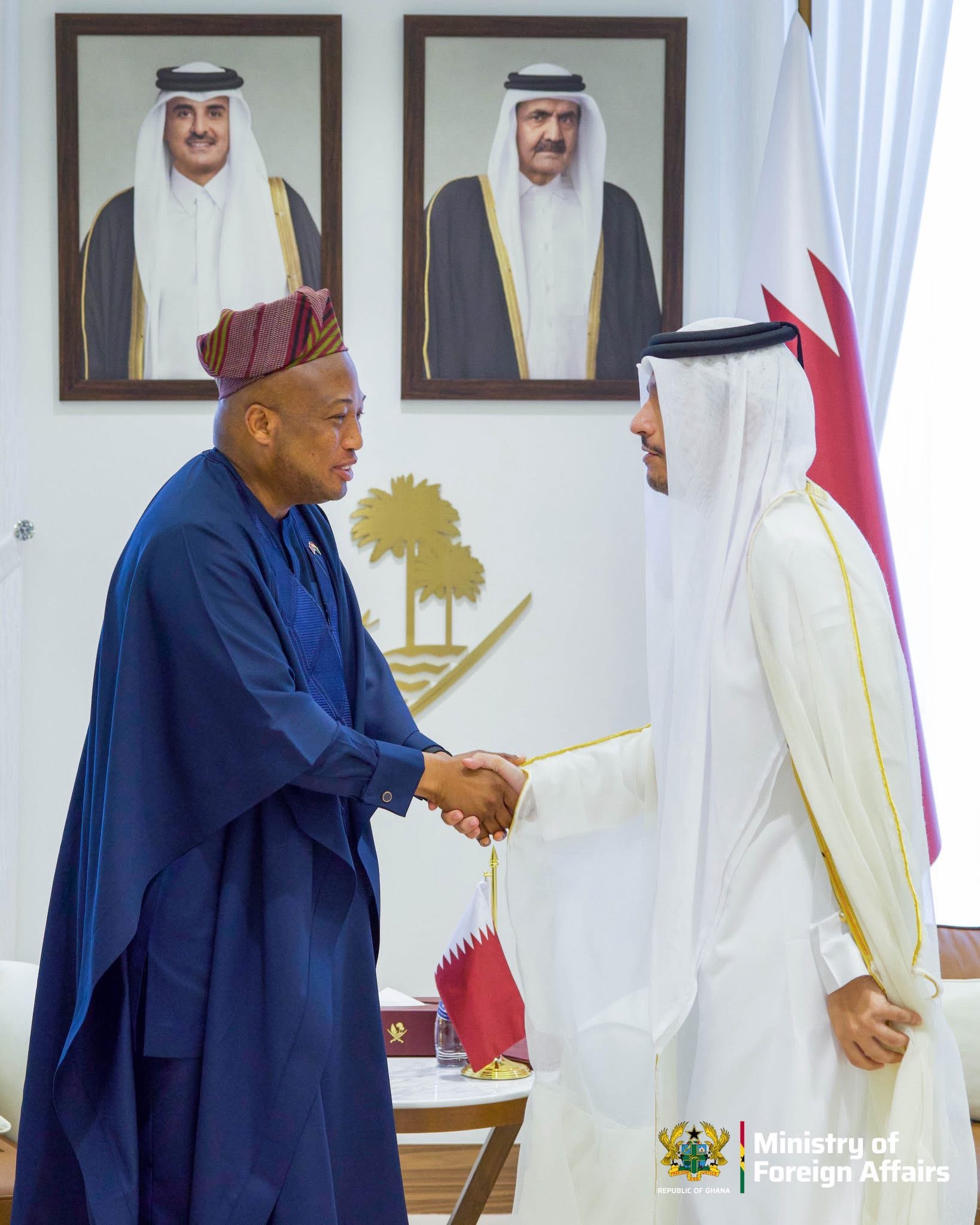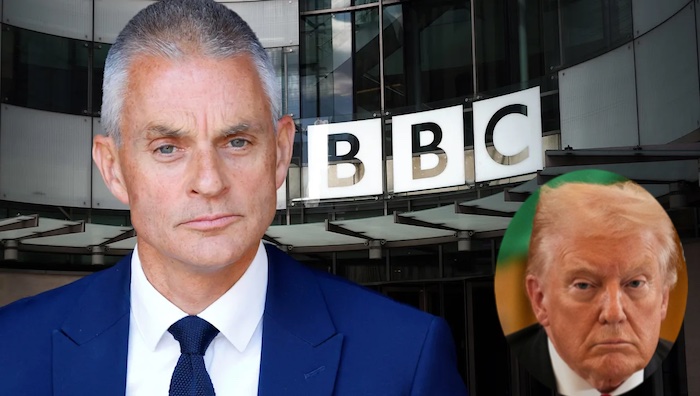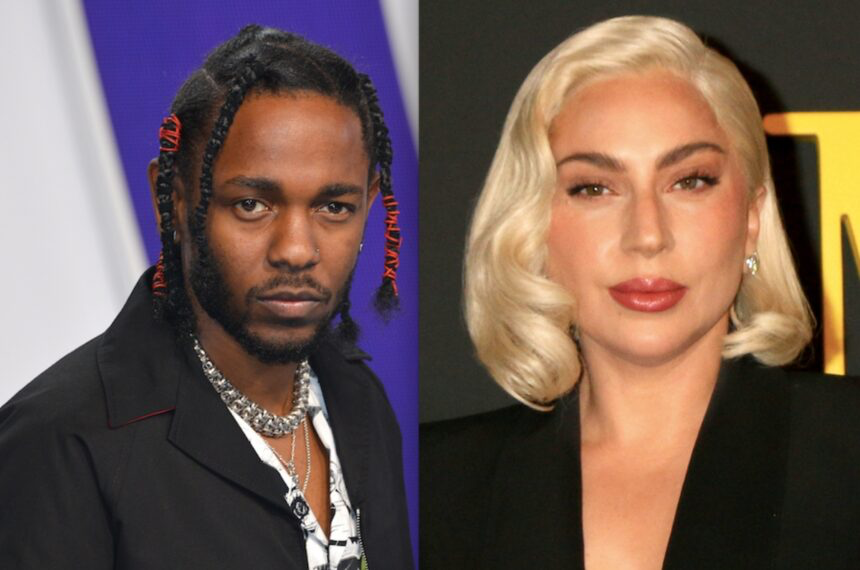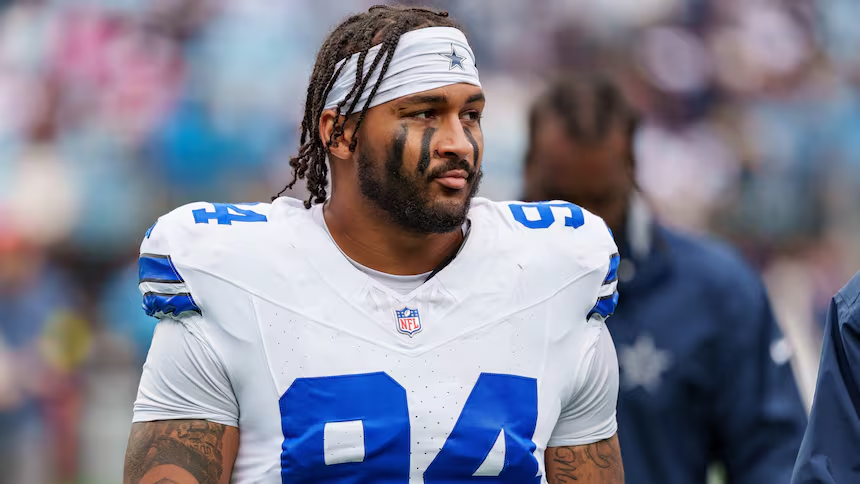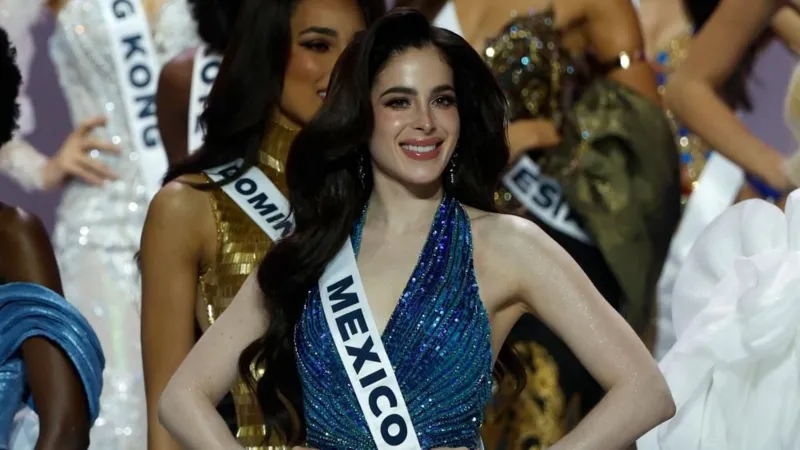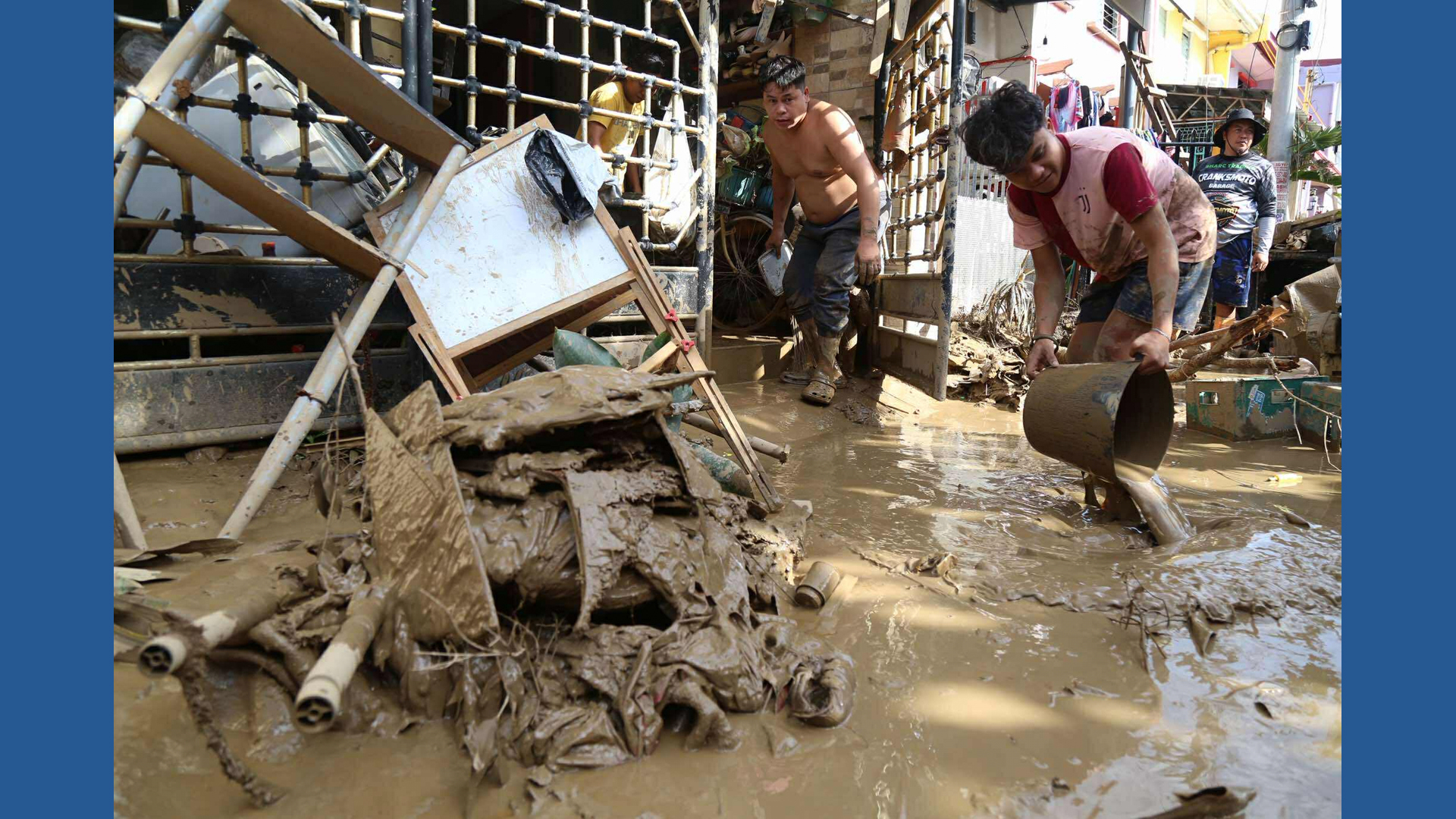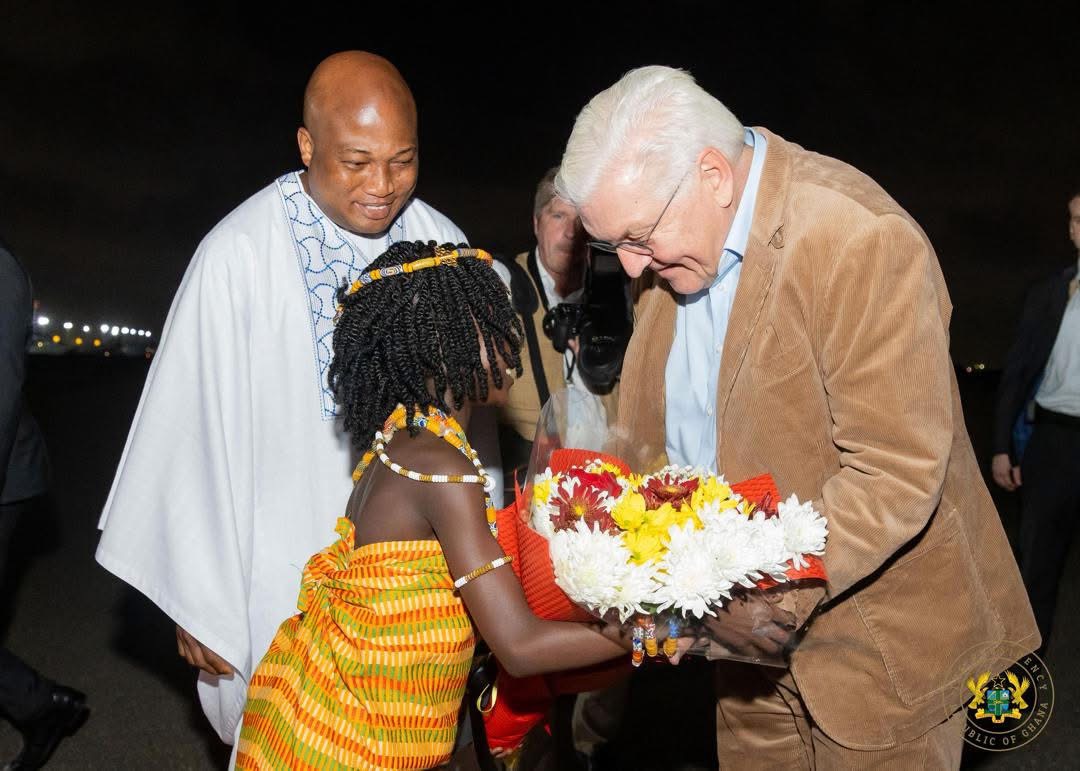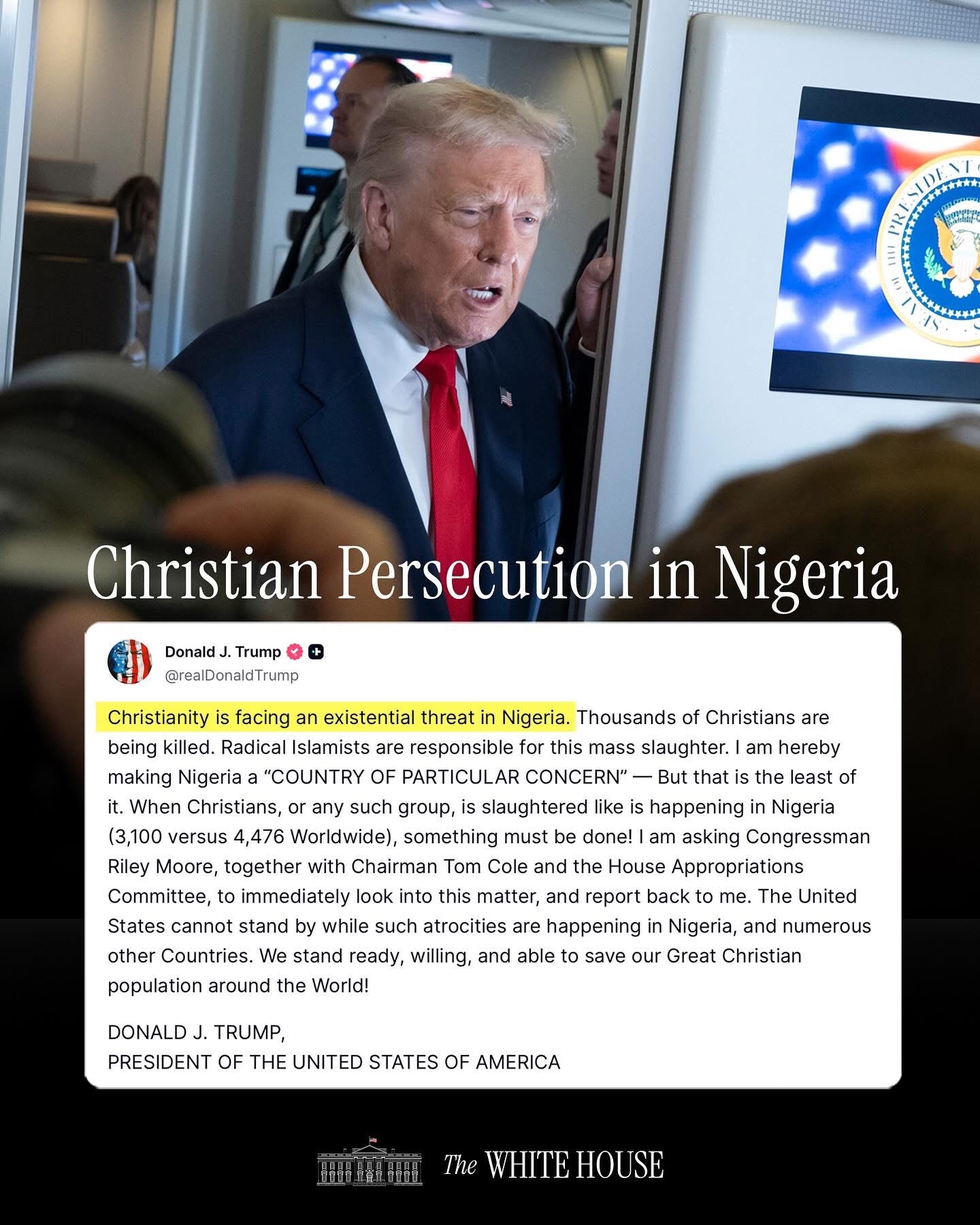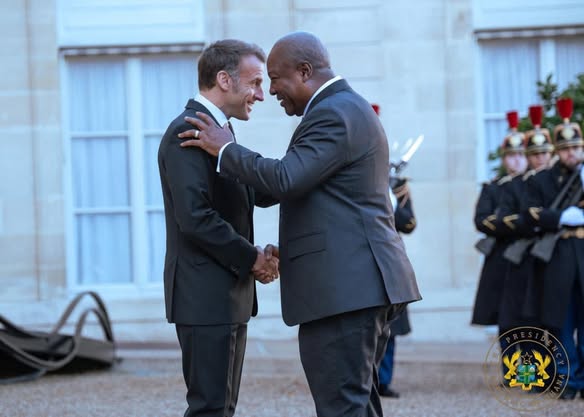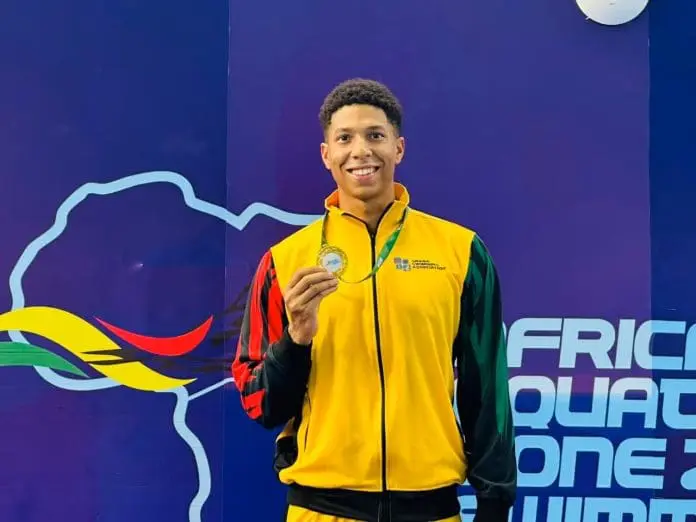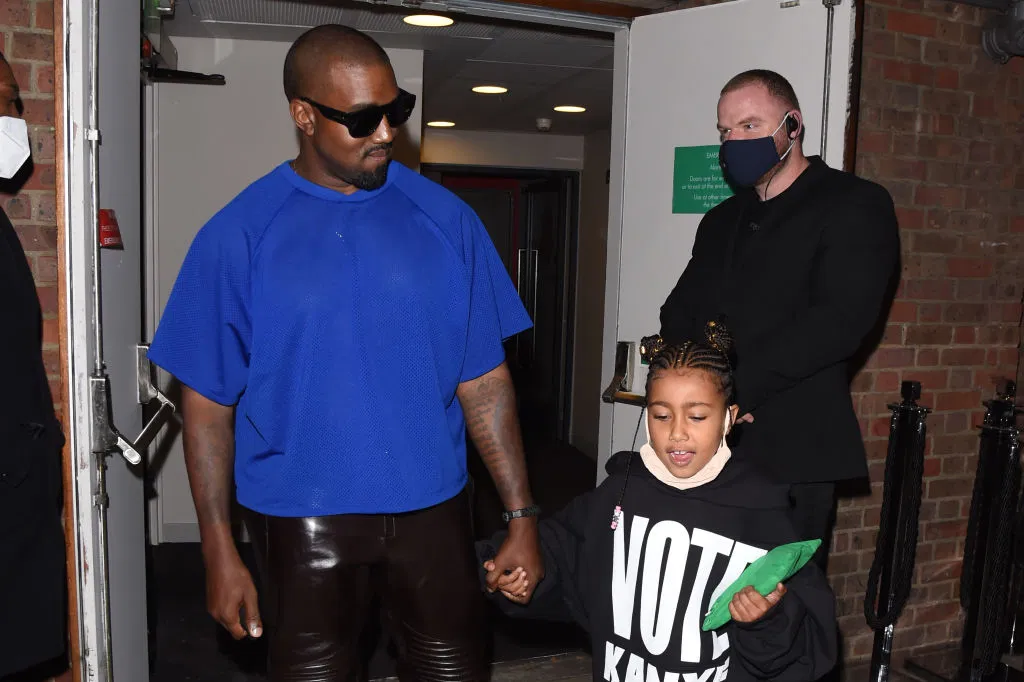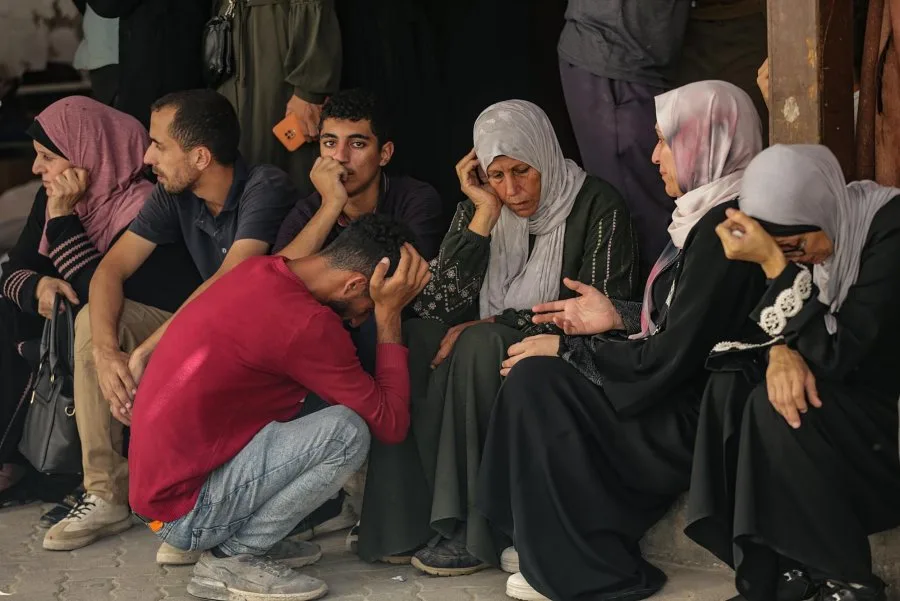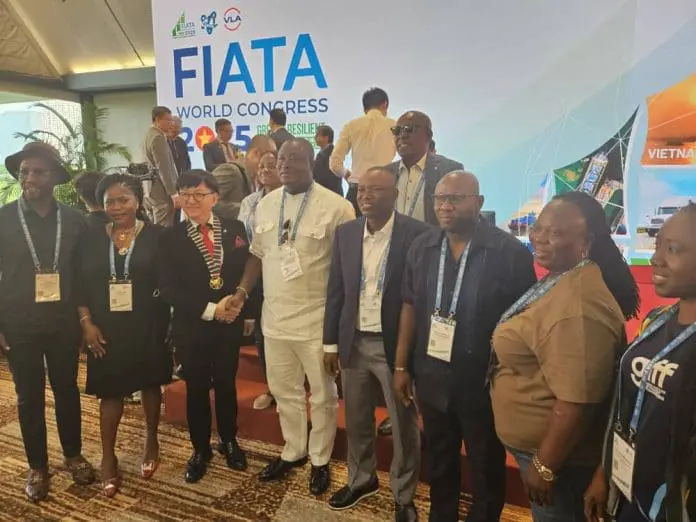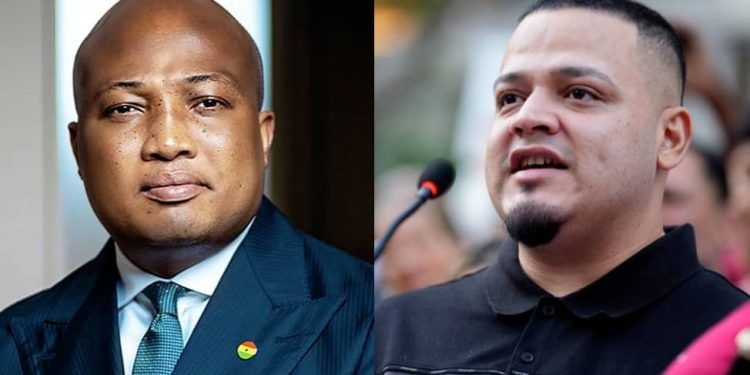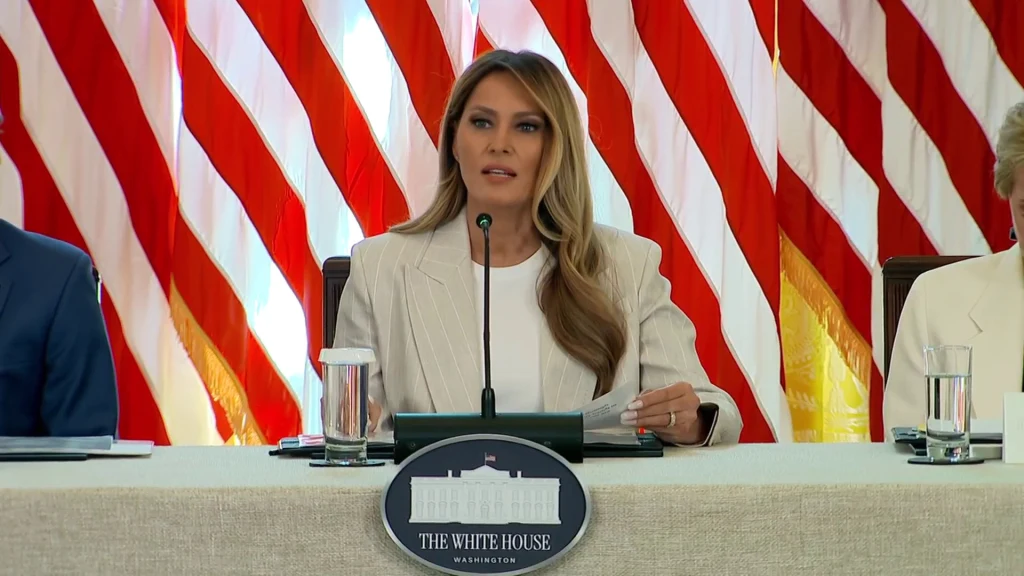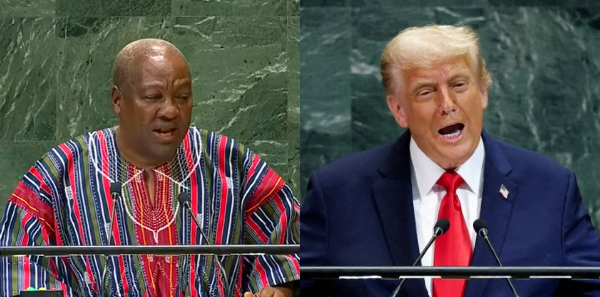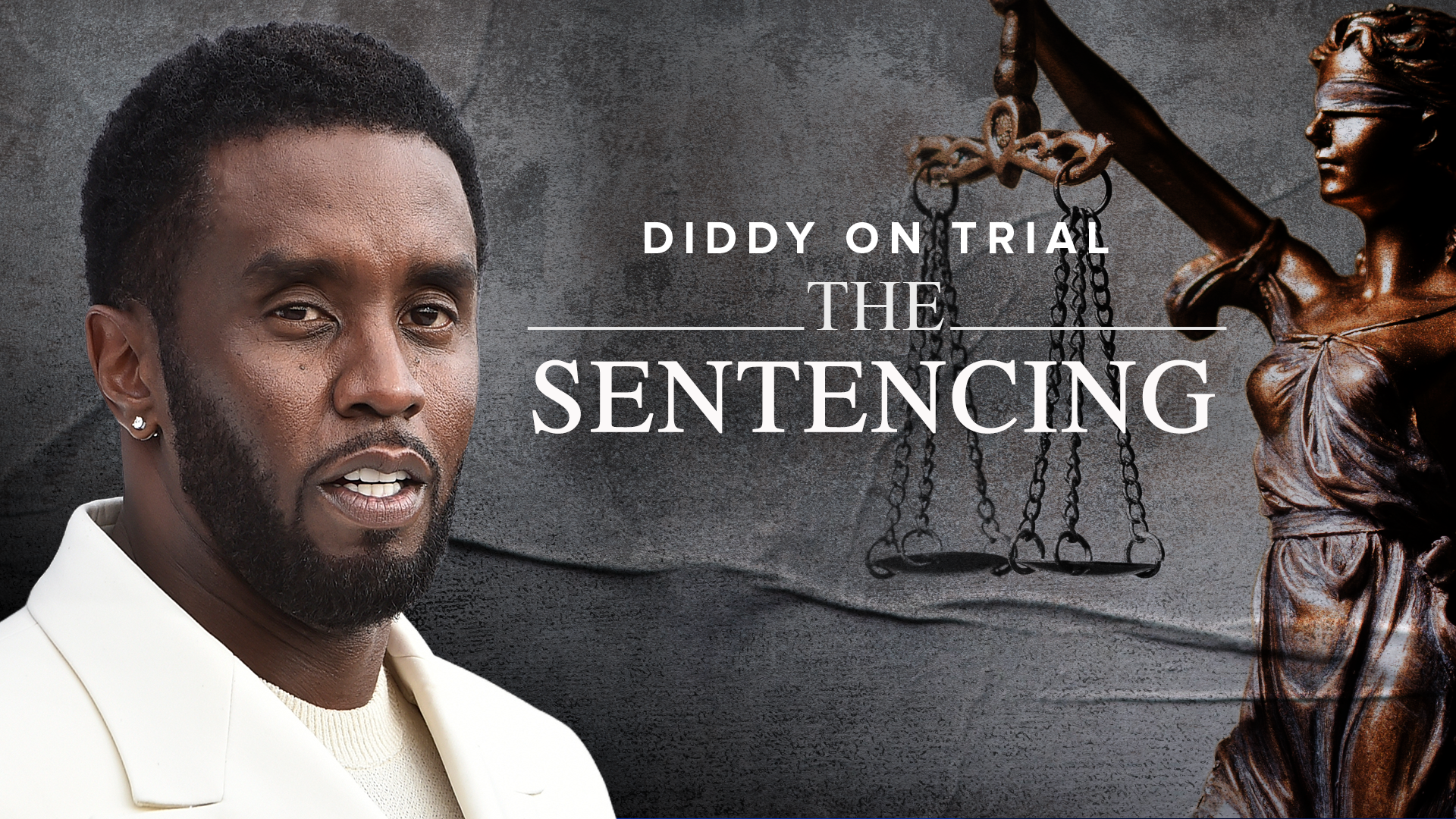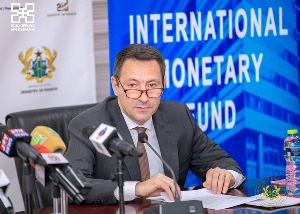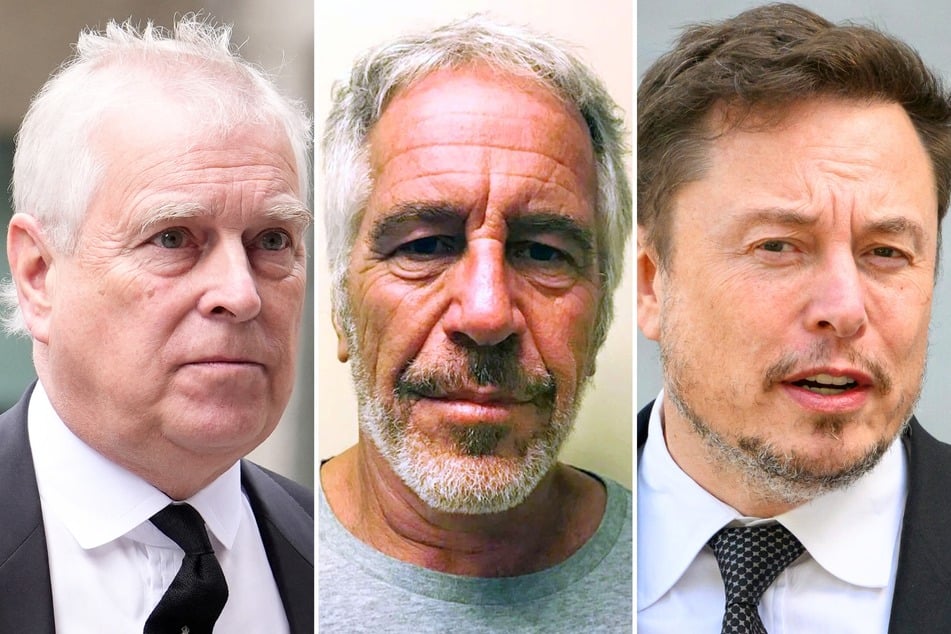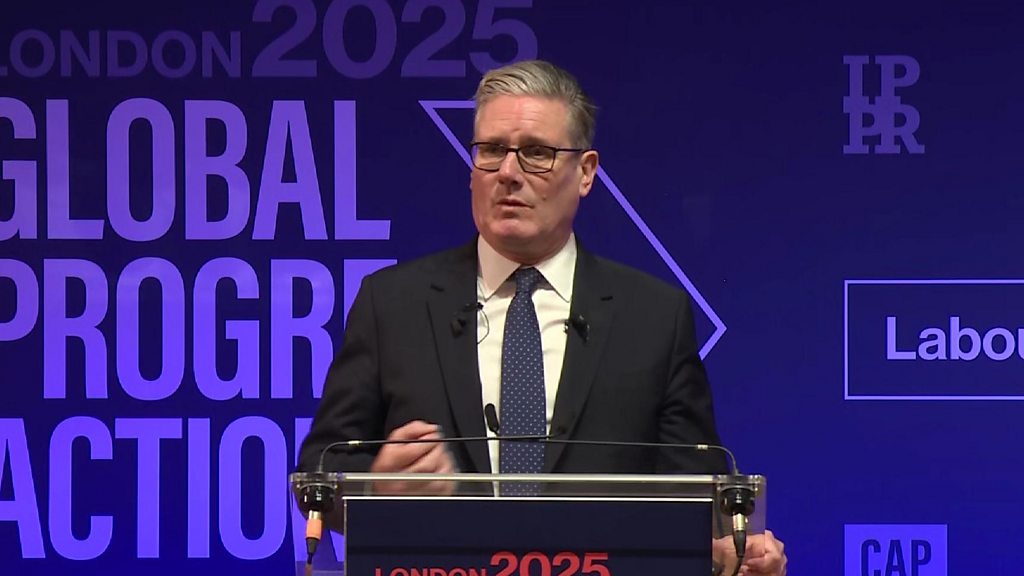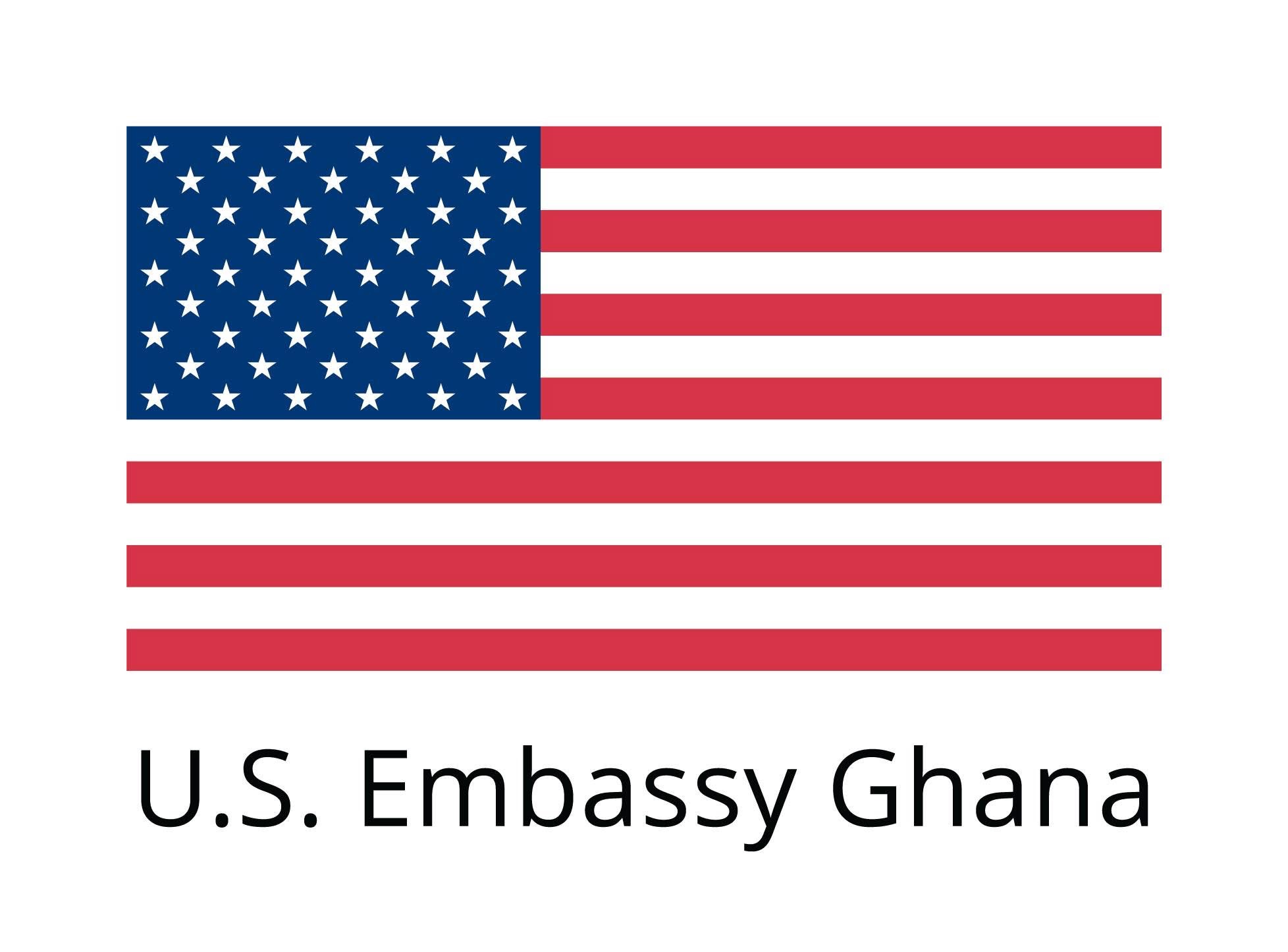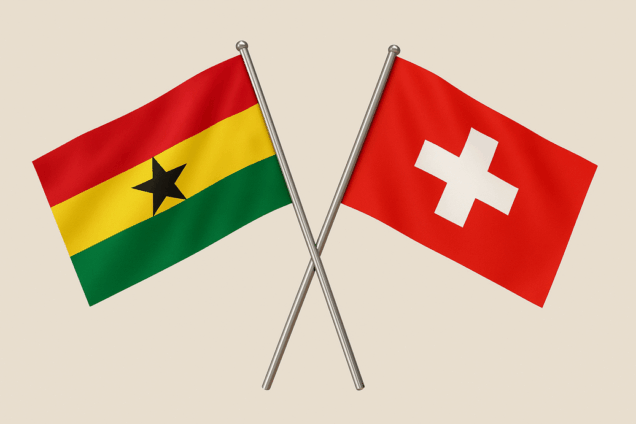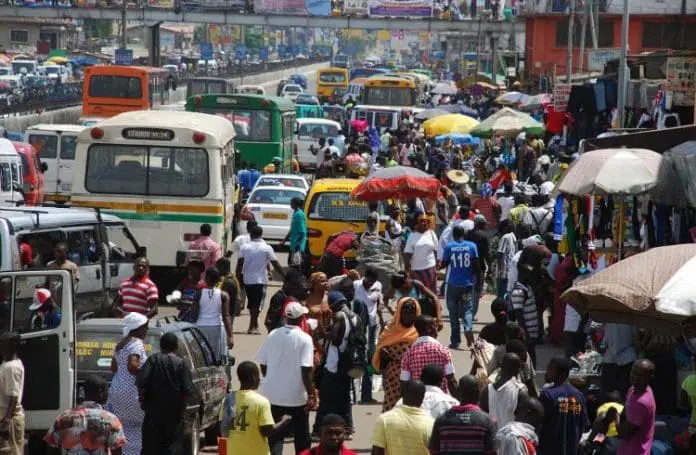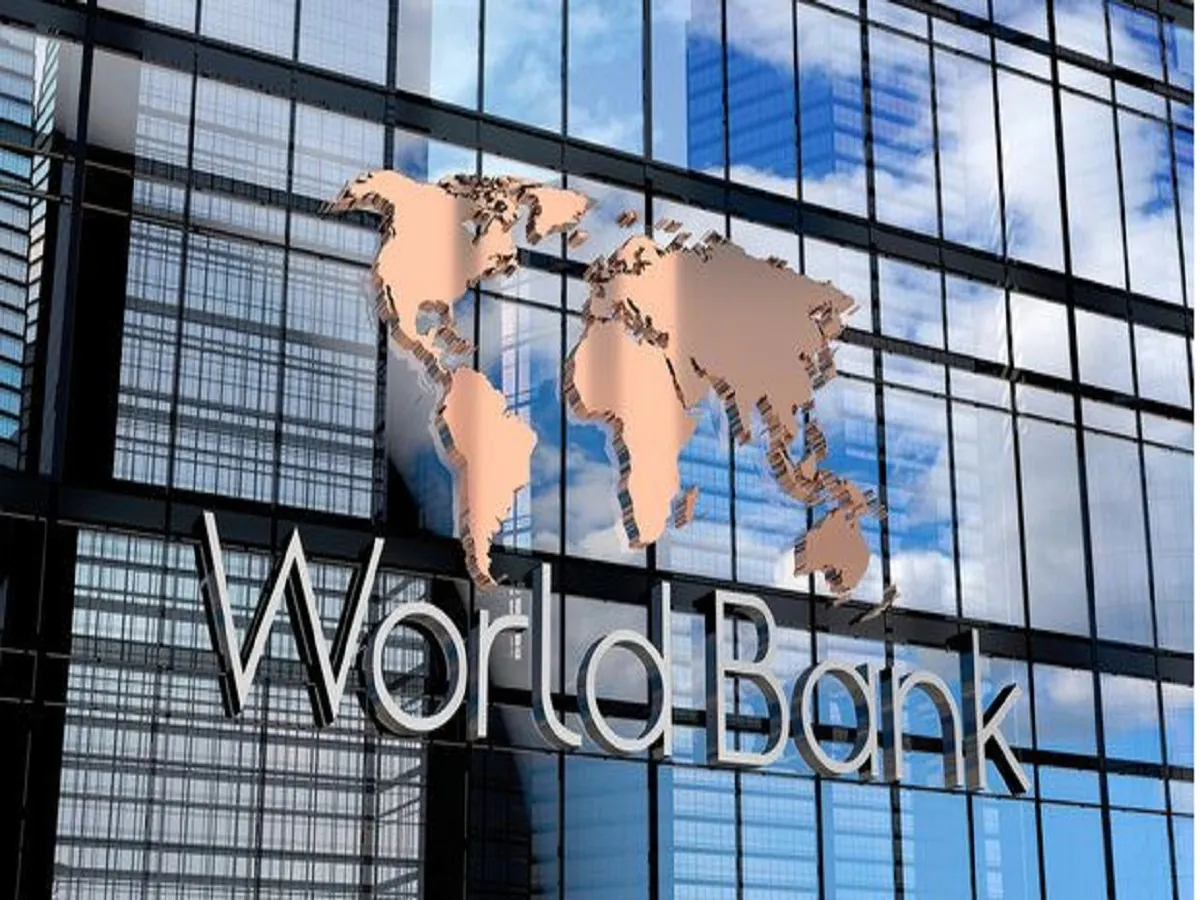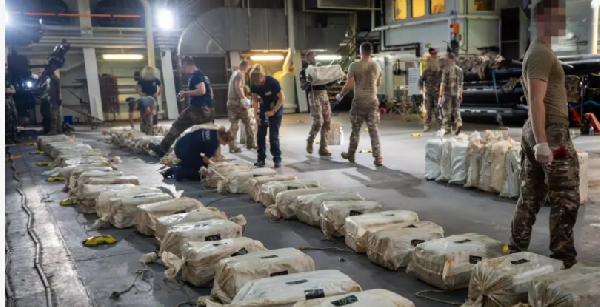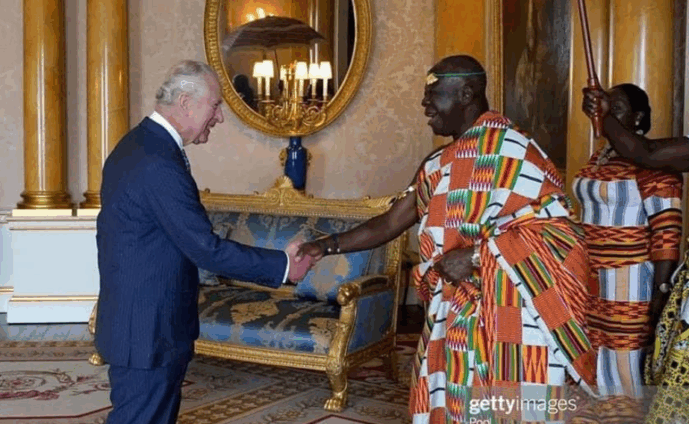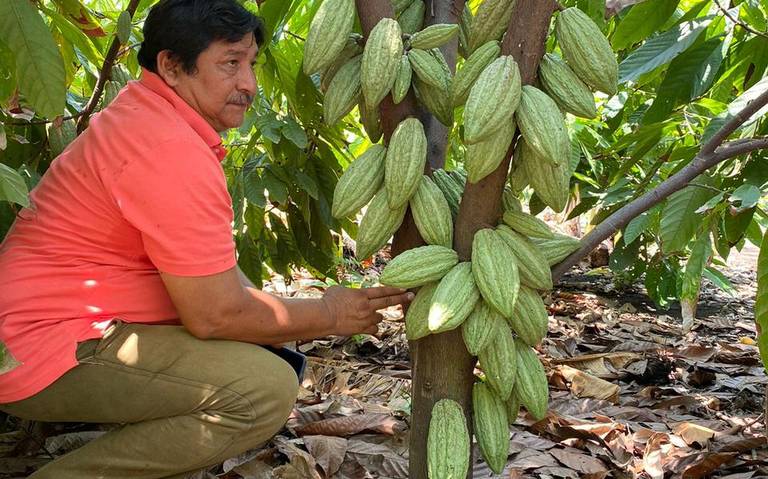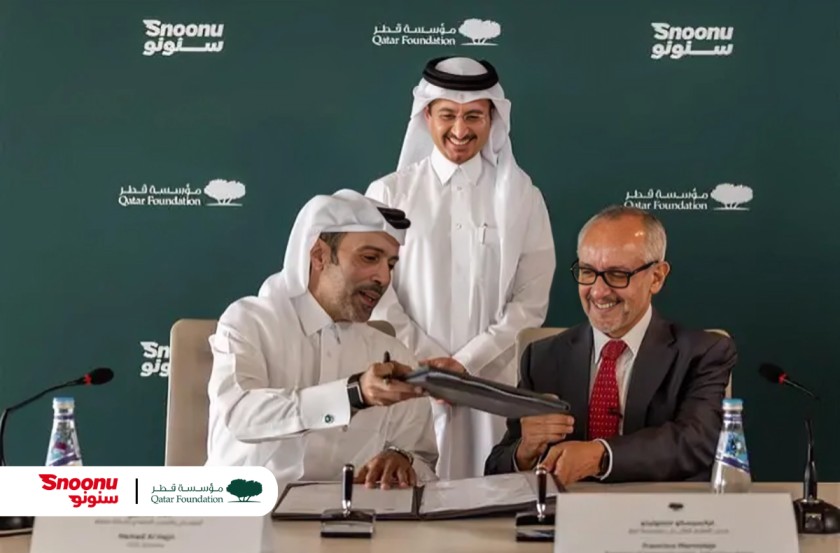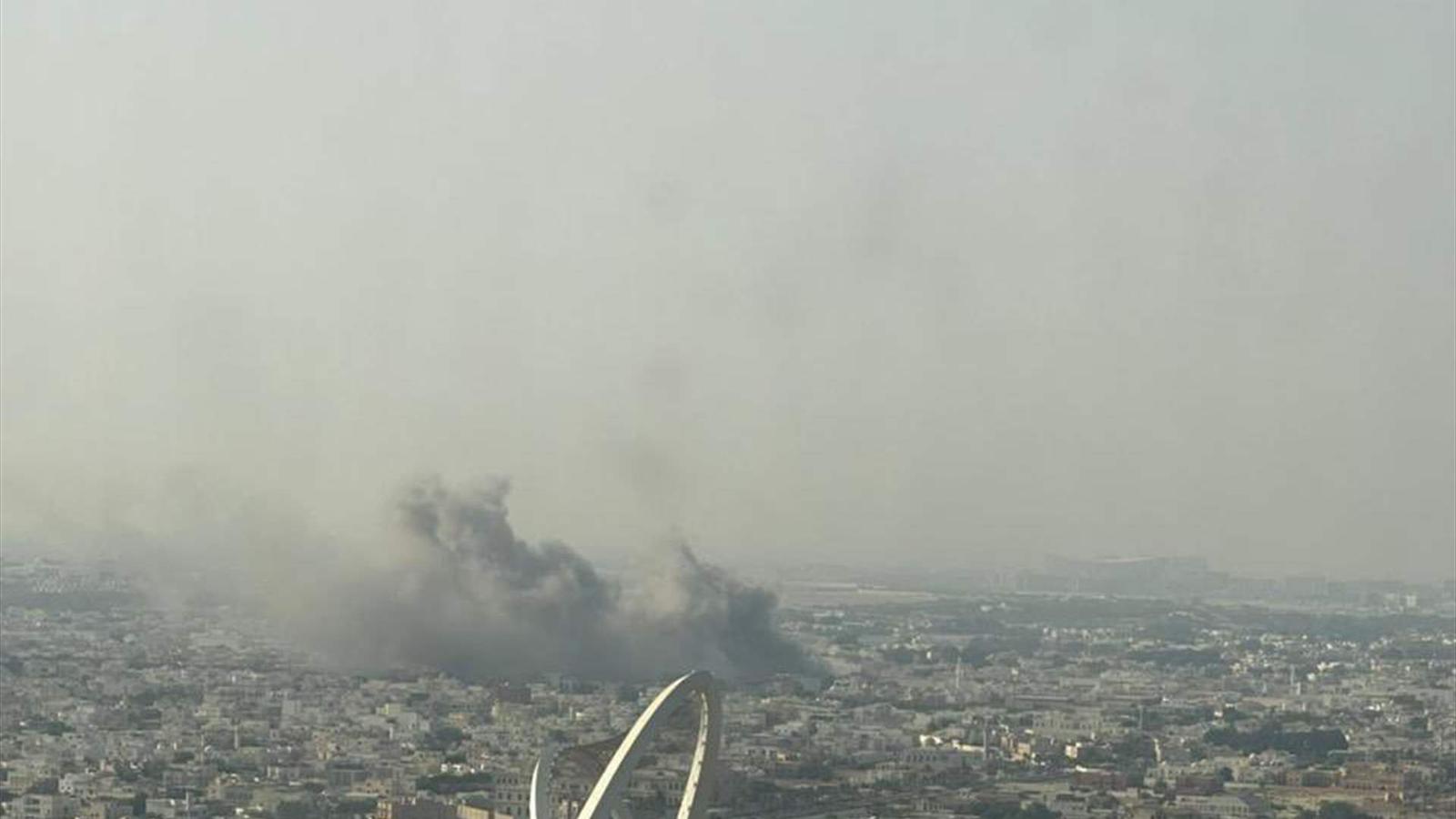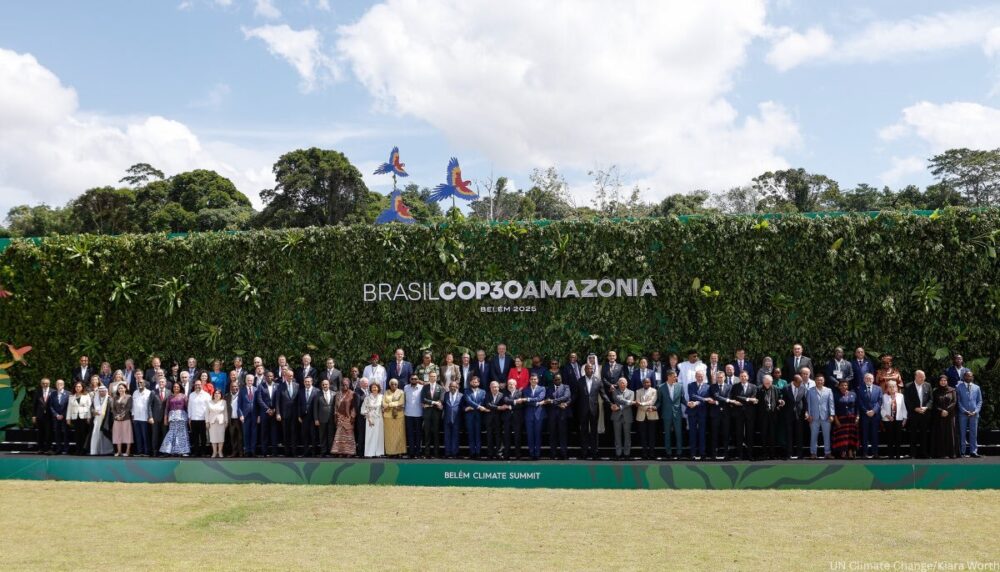
African negotiators have entered the UN Climate Change Conference (COP30) in Belém, Brazil, with a unified demand: climate finance must top the global agenda if meaningful progress is to be achieved.
Dr. Richard Muyungi, Chair of the African Group of Negotiators on Climate Change (AGN), underscored that COP30 must deliver “ambitious, fair, and just outcomes across adaptation, mitigation, loss and damage, and climate finance.” He stressed that discussions must be grounded in science and in the principle of common but differentiated responsibilities and respective capabilities (CBDR–RC).
Despite contributing less than four percent of global greenhouse emissions, Africa continues to face intensifying climate threats. Dr. Muyungi noted that the continent’s vulnerability and developmental needs demand outcomes that reflect its special circumstances.
The AGN has called for a strong alignment between global financing flows and the ambition of the next generation of Nationally Determined Contributions (NDCs 3.0). Their key priorities include operationalising a climate finance goal of US$1.3 trillion annually by 2030 and securing US$300 billion in transitional support to close the gap between pledges and delivery.
Global urgency meets financial shortfall
This year’s conference opened amid warnings from UN Climate Change Executive Secretary, Simon Stiell, that the world is still falling short of the action needed to avert climate catastrophe. Addressing delegates at the opening plenary, Stiell acknowledged that while global cooperation has slowed runaway warming, reducing the projected temperature rise from 5°C to below 3°C, the pace of progress remains far too slow.
“We must move much faster, both in cutting emissions and in building resilience,” Stiell said, adding that climate plans without adequate financing are merely aspirations on paper.
He introduced the Baku to Belém Roadmap, a new global initiative aimed at scaling up annual climate finance from about US$300 billion to US$1.3 trillion by 2035. The roadmap, he said, is not charity but a shared investment in global stability and prosperity.
“Every dollar invested in climate solutions brings multiple dividends, jobs, cleaner air, better health, and stronger energy and food security,” Stiell remarked.
A call for fairness and delivery
Host nation Brazil, under President Luiz Inácio Lula da Silva, described the roadmap as “a blueprint for collective resolve.” The Brazilian delegation urged negotiators to focus less on rhetoric and more on fair delivery.
“The science is clear, the moral imperative undeniable. What remains is the resolve,” the statement read.
African climate advocates have echoed that sentiment. Mohamed Adow, founder of Power Shift Africa, said COP30 must “deliver a fair deal that provides finance for adaptation and supports a just transition to renewable energy.”
He emphasised that such measures are “not acts of charity but investments in a stable, liveable planet.” Adow also called for greater technology sharing between the global north and south, and for all countries to submit credible, forward-looking climate plans.
Testing the strength of the Paris Agreement
As COP30 unfolds, observers say it will serve as a political test of whether the Paris Agreement, adopted a decade ago, can still deliver tangible results. Since 2015, global emissions have plateaued but not declined fast enough to meet the 1.5°C goal, the critical limit to prevent irreversible damage.
The Belém conference also arrives amid growing fatigue and distrust in the global climate process, particularly around financing and fairness. The Baku to Belém Roadmap aims to restore faith by establishing a long-term funding mechanism, though questions remain over who pays, how much, and on what terms.
Omar Elmawi, Convenor of the Africa Movement of Movements, described COP30 as “a turning point” that must transform “words into action and promises into justice.”
Africa’s moment of reckoning
For Africa, COP30 represents both a challenge and an opportunity. The continent continues to experience the harshest effects of climate change, from prolonged droughts and destructive cyclones to declining crop yields and deepening energy insecurity.
African negotiators insist that without predictable and accessible financing, developing nations cannot meet their commitments. They argue that the new roadmap could be transformative if implemented equitably, ensuring that funds reach local communities for life-saving adaptation, rather than being locked into debt-driven mechanisms for middle-income countries.
The continent’s representatives are calling for more grants instead of loans, and for direct access to funds by local governments and institutions. Their hope is that the new financing framework will correct long-standing inequalities that have left Africa at the margins of the green transition.
As the summit continues in Brazil, one thing is clear: for Africa, the battle against climate change begins and ends with finance.
Discover more from Hot Stories Ghana
Subscribe to get the latest posts sent to your email.





